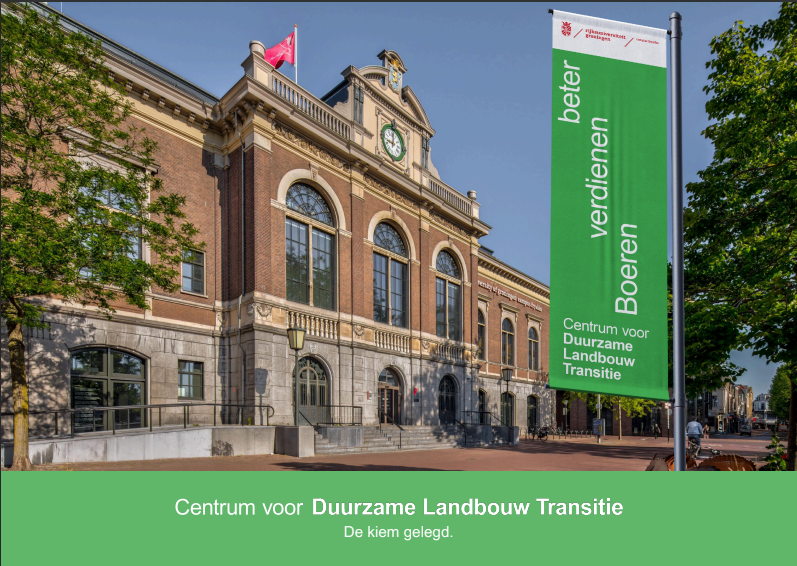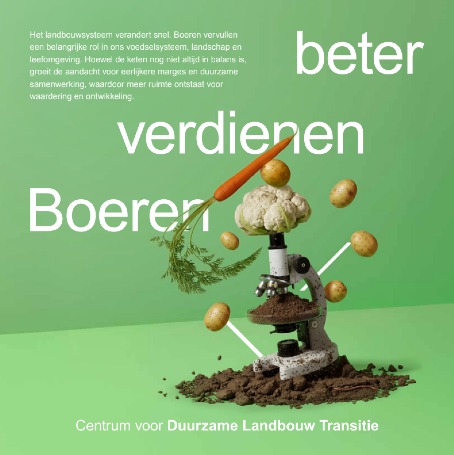About CDLT
The Intersection of Knowledge and Practice
The Center for Sustainable Agriculture Transition is the place where science and practice come together. We are building an agricultural system that offers perspective — for those who work the land every day, and for those who depend on its yields.
Why we do this? Because agriculture only has a future if farmers benefit from it. Sustainability without livelihood is not progress.
Our role:
• We connect farmers and researchers, policy and practice
• We develop solutions that work — both in the field and on paper
• We contribute to farming systems that are healthy, fair, and resilient
What matters to us:
• Collaborative and connecting
• Innovative and forward-looking
• Critical yet constructive
• Knowledge-driven and entrepreneurial
CDLT annual review

The CDLT annual review is now available. In it, we show what has been achieved in 2025: from collaborations and practical guidance to research, education, and visible impact.View the annual review here and read about what we have achieved together.
CDLT Brochure

Curious about what the Center for Sustainable Agriculture Transition stands for and how we are working toward future-proof agriculture? Our brochure provides a concise overview of our vision, values, and activities.
View the brochure here and discover what CDLT can do for you.
